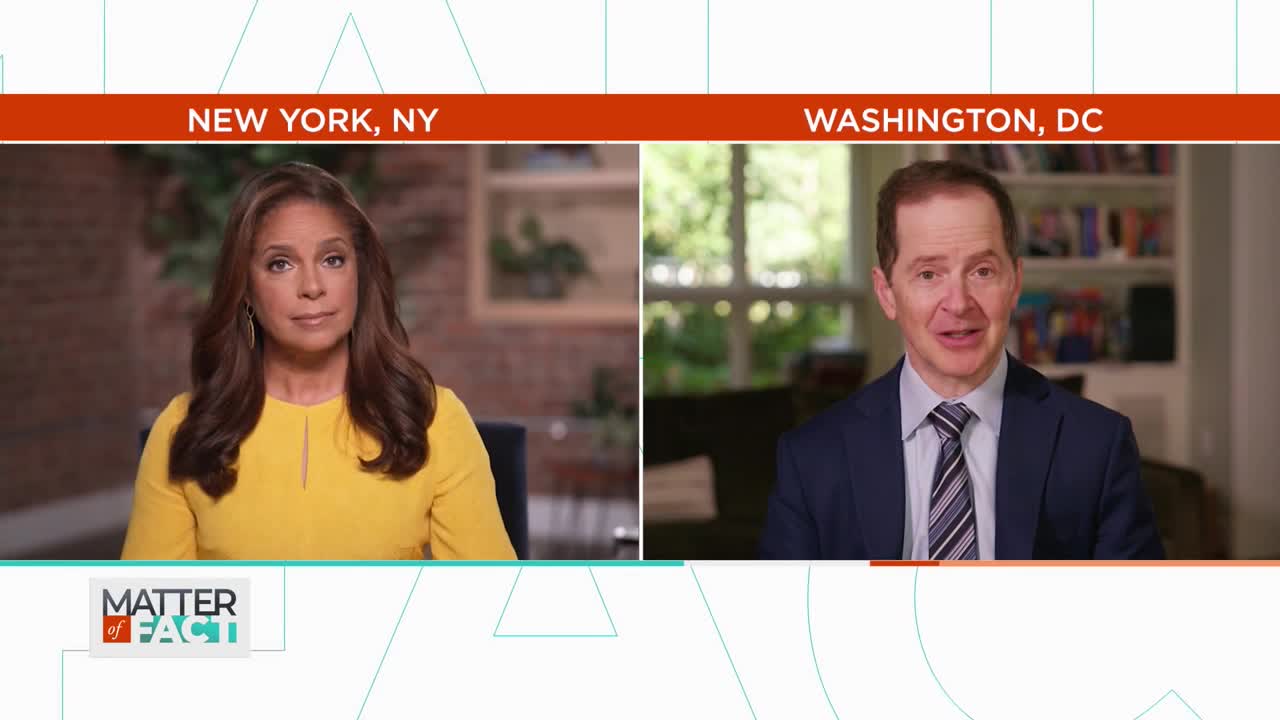
The transition of power from one president to the next is no small feat. From sharing sensitive government information to identifying around 4,000 new political appointees, a lot needs to be accomplished in the days between Election Day and Inauguration Day. Max Stier is the president and CEO of the Partnership for Public Service. The organization has spent years guiding administrations through transitions and working to improve the process. He joins Soledad O’Brien to explain how it works and why an effective transition is crucial for national security.

Small businesses employ nearly half of American workers. One expense that’s taking a toll on business owners and their employees is health care, and the price is going up. Employers expect health benefit costs to increase nearly 6% per employee in 2025, according to the consulting firm Mercer. One Midwestern company is trying an alternative to traditional health insurance to keep people covered while keeping costs down. Correspondent Dan Lieberman travels to Michigan to see how the new option is working for the staff of TentCraft.
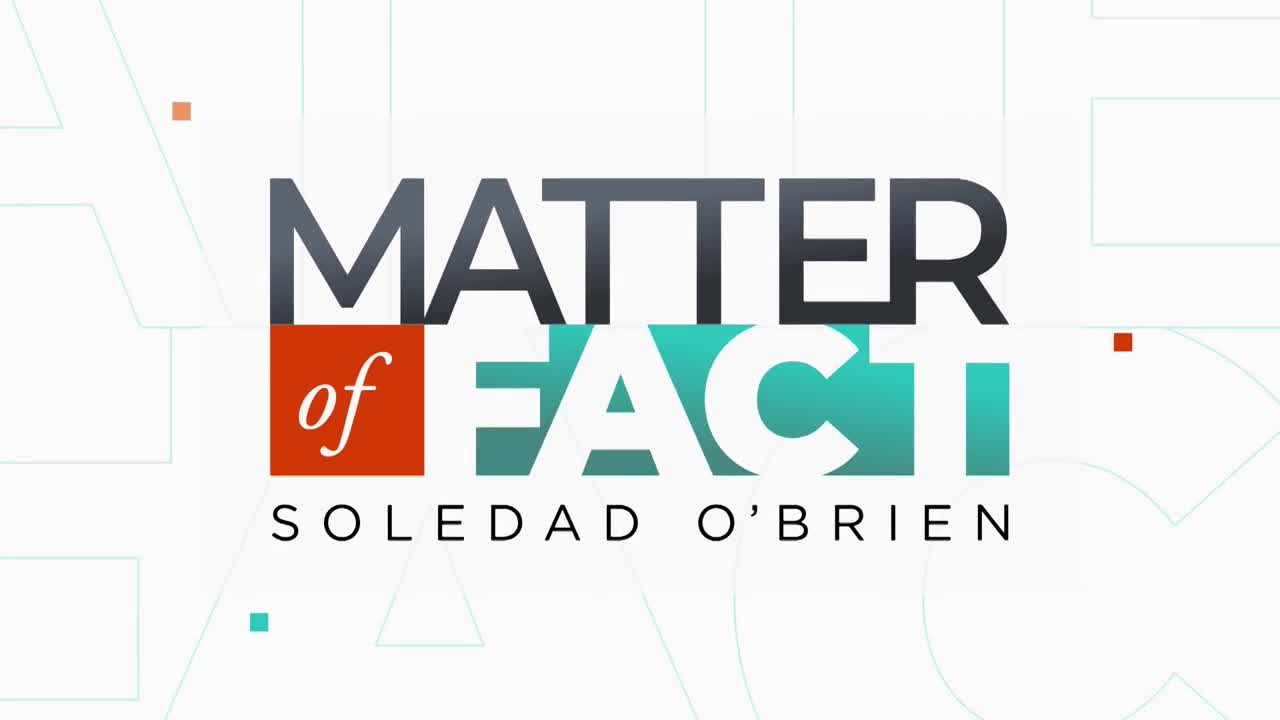
This week Matter of Fact travels to Michigan where small businesses owners are finding solutions to lower health care costs. Plus, an expert on presidential transitions breaks down the process. And, we travel to James Madison’s Montpelier estate to learn how archaeologists are digging to uncover the history of the people buried there.
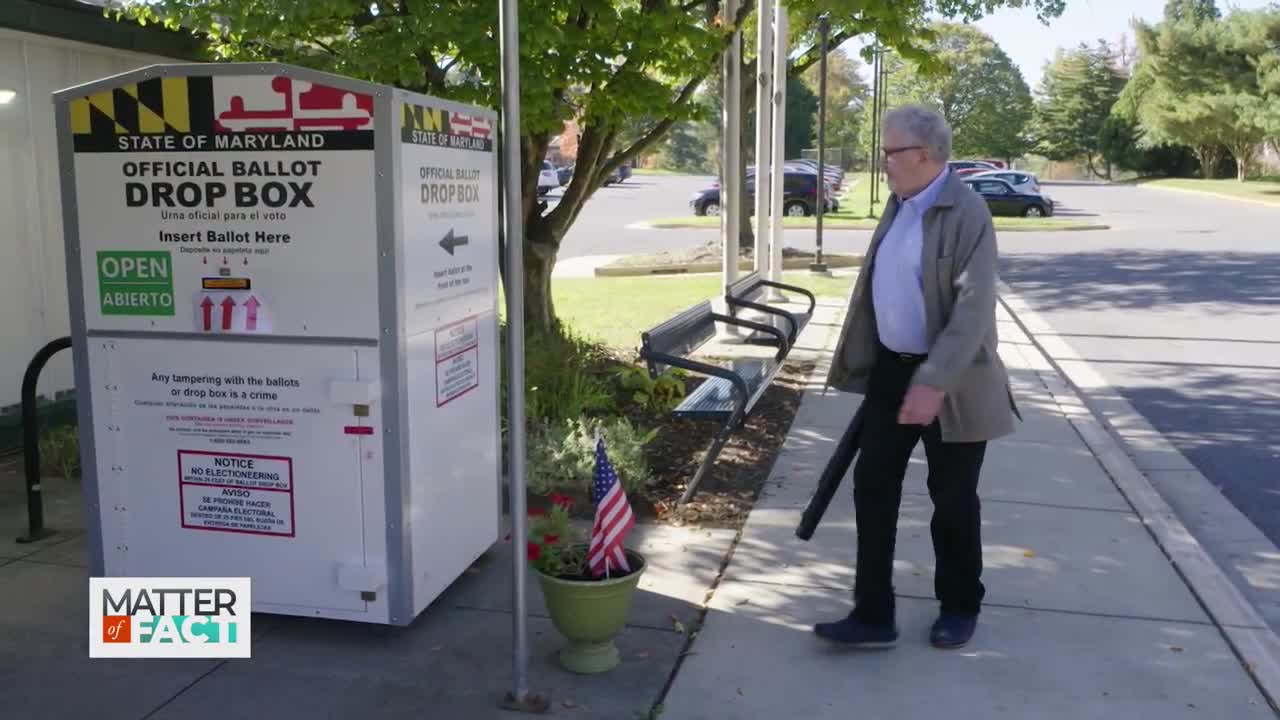
Henry Pachnowski is about to vote for the first time at 84-years-old. He was born to Polish parents in Nazi Germany and spent many years living in the United States as a stateless person – not recognized as a citizen of any country. After seven decades of legal limbo, he will finally get a chance to cast his ballot. Special correspondent Joie Chen has his story.
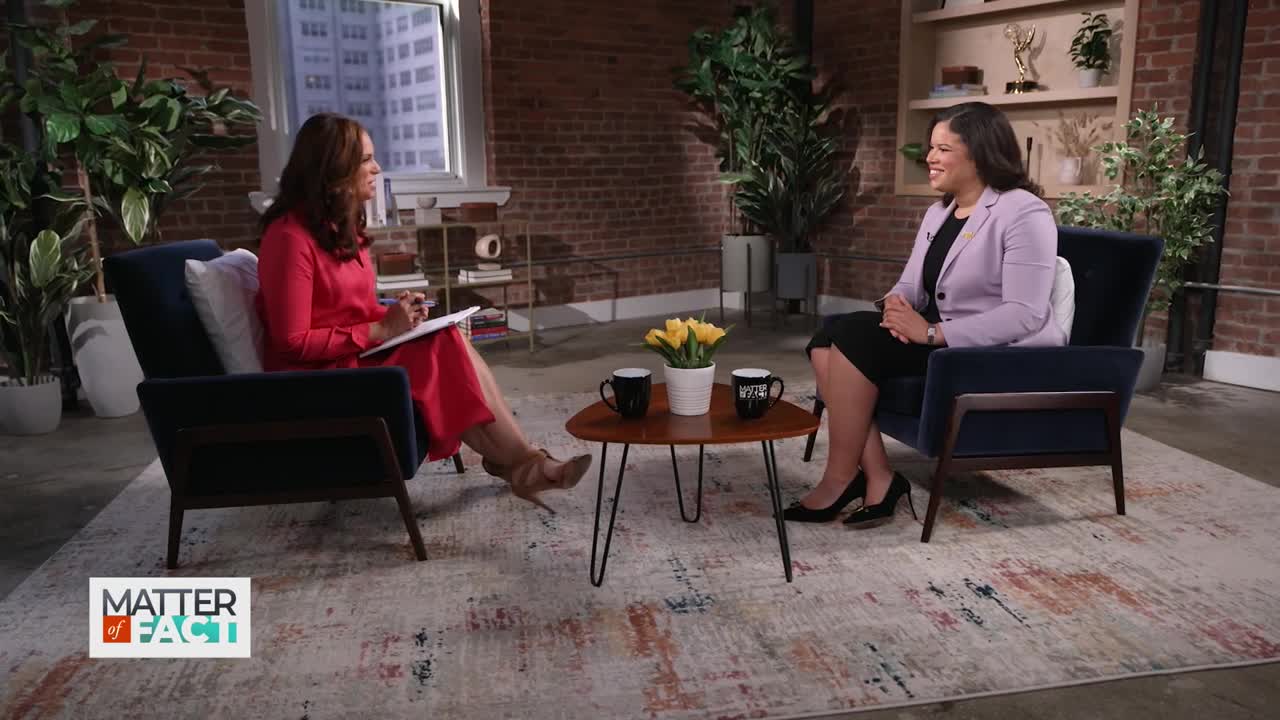
When can I vote? Where can I vote? How do I get there? These are all questions that When We All Vote wants to help voters answer. The nonpartisan initiative, founded by Michelle Obama, is on a mission to make sure everyone can participate in every election. The organization’s executive director, Beth Lynk, joins Soledad O’Brien in studio to discuss their recent voter outreach efforts.

In the final days of the 2024 election, we’re focusing on a place that’s typically out of the spotlight of presidential campaigns: Lebanon, Kansas. It’s a farming town located at the geographical center of the lower 48 states. When we last visited in 2017, the community was looking for an economic revival. Correspondent Leone Lakhani returns to see what’s changed for the voters in America’s heartland and how it’s shaping their approach to this election.

This week Matter of Fact returns to Lebanon, KS to see how life has changed for the small farming community. Plus, the executive director of When We All Vote on the importance of showing up for every election. And, an 84-year-old Holocaust survivor can vote for the first time in his life.

Nearly a month ago, Hurricane Helene hit North Carolina, killing at least 95 people and causing billions of dollars in damage. As cleanup continues, the state is making changes to help people in the hardest hit areas cast their ballots in the 2024 election. Jeff Carmon, North Carolina’s Secretary of the Board of Elections, joins Soledad O’Brien to explain how state and county officials are working to make sure every resident is able to vote.
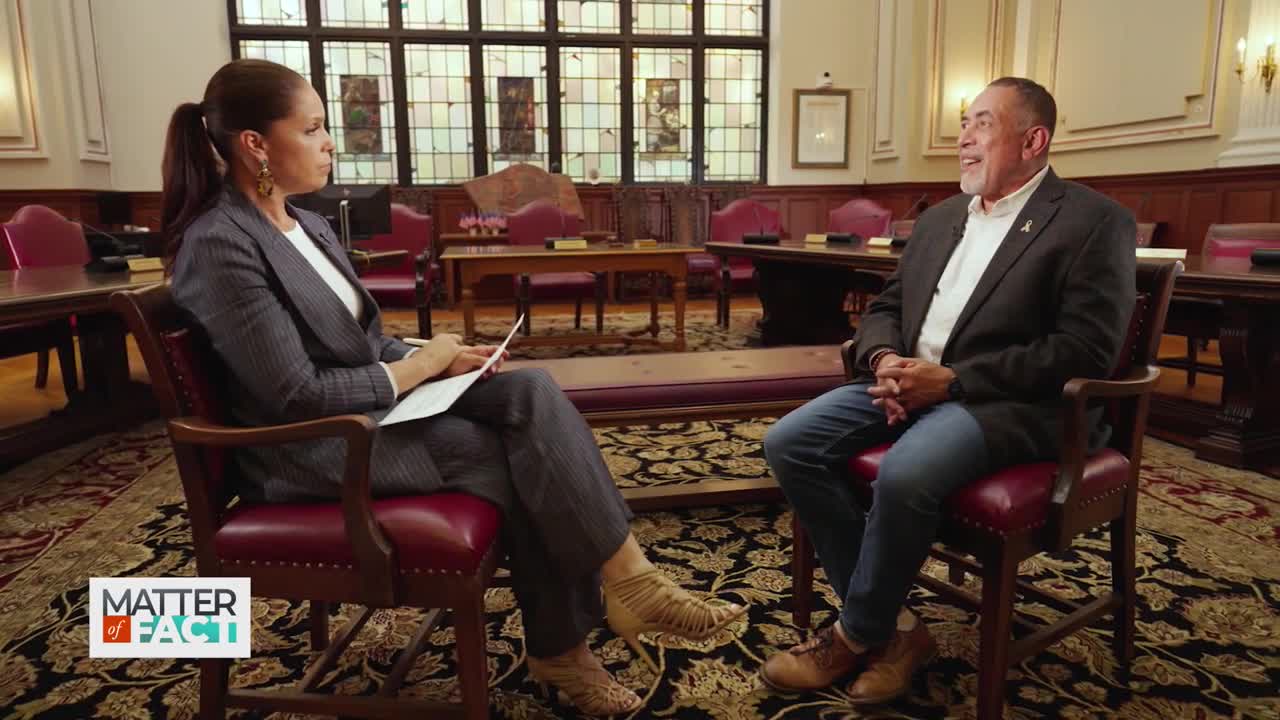
Latino voters in Pennsylvania could play a decisive role in this election. The battleground state’s Latino population has grown rapidly over the last several years, especially in cities in the so-called “Latino corridor” along Route 222. That includes Reading, PA. Soledad O’Brien travels to the city to meet its first Latino mayor, Eddie Moran, and find out why he says the Latino community is the key to a Democratic victory.
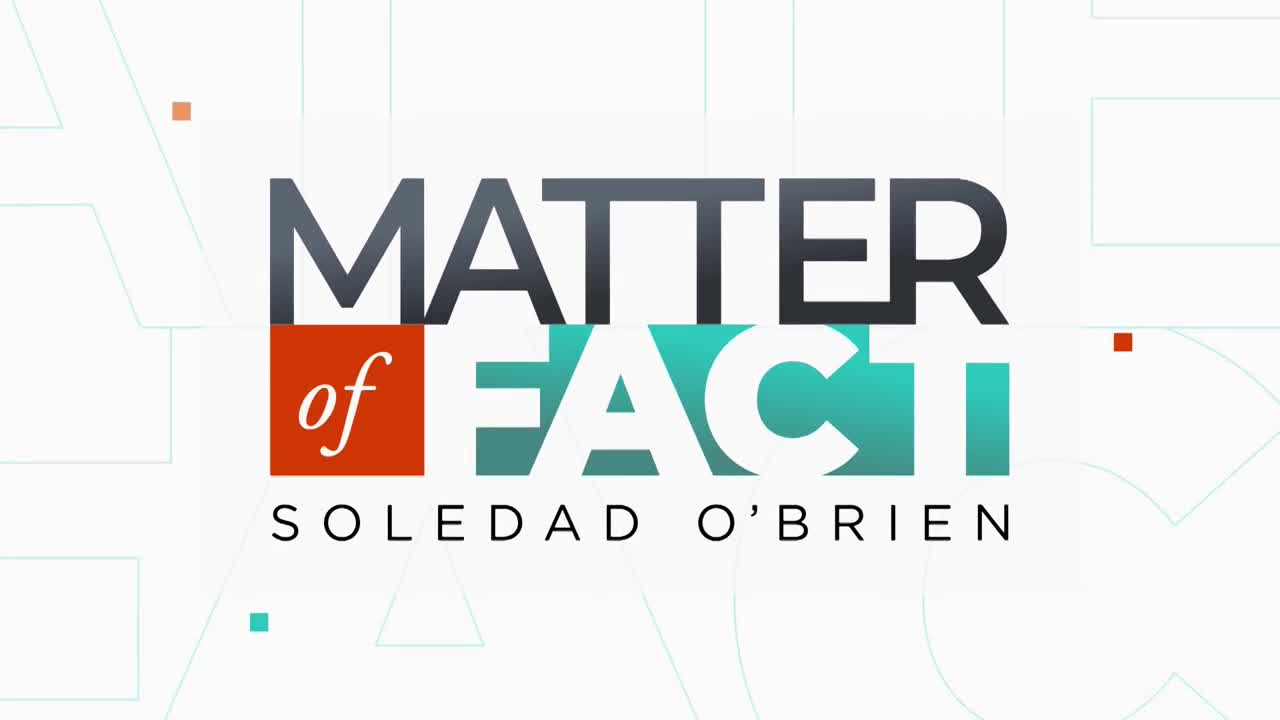
This week Matter of Fact speaks to the mayor of Reading, Pennsylvania about the power of the Latino vote. Plus, a look at how hurricane damage is impacting voting in North Carolina. And, an 80-year-old explorer shares his past with the next generation.